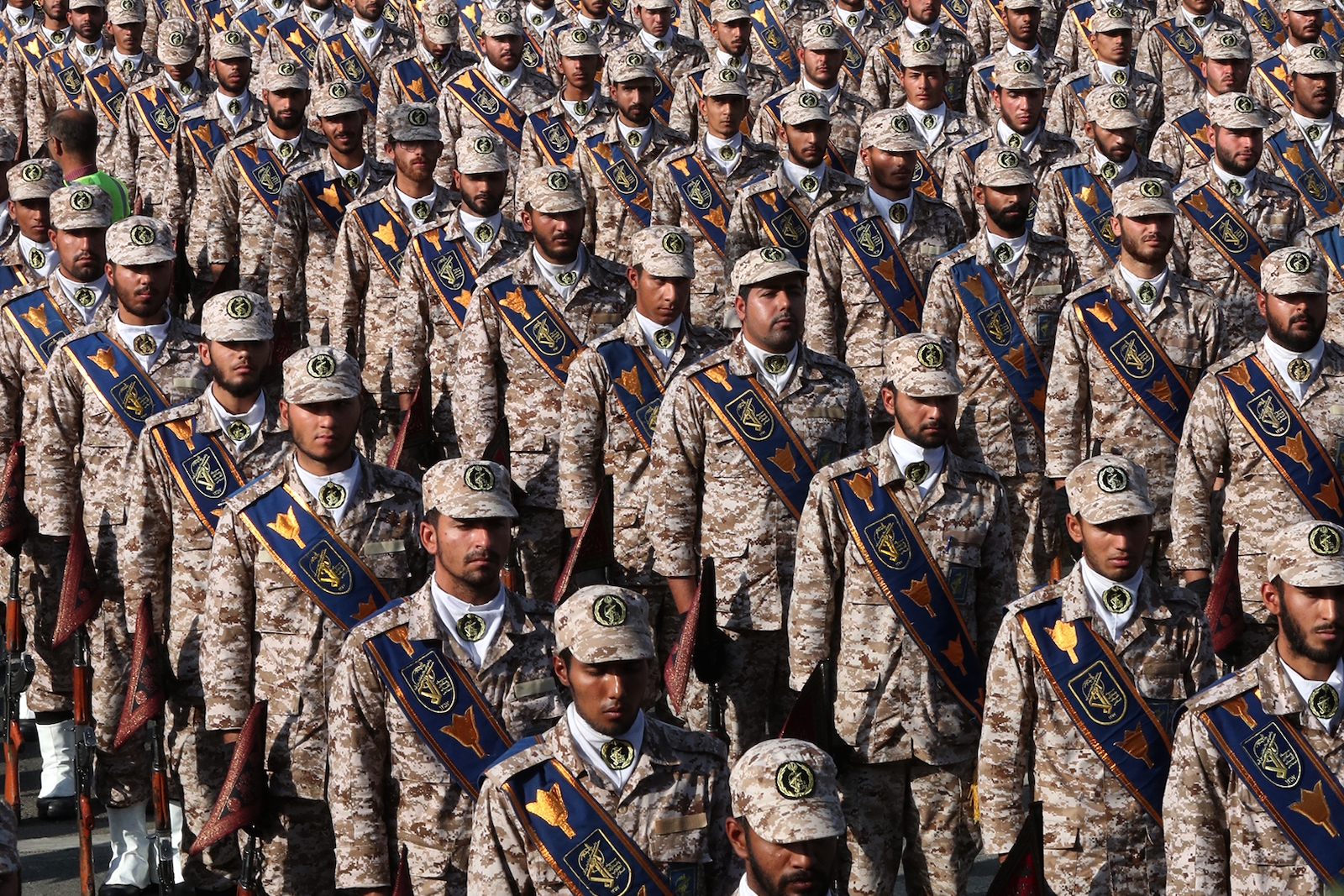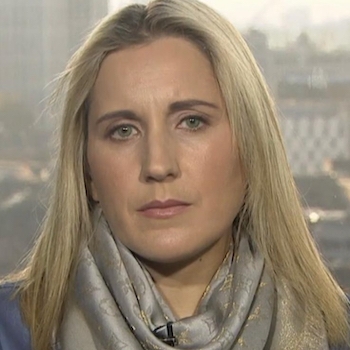
Iran’s Belligerence Could Lead to a Catastrophic Energy Crisis
If the world has gotten accustomed to Iran’s fiery rhetoric against the State of Israel, the expression of an ideology which oozes anti-Western sentiments, the Islamic Republic’s recent call for arms against Jerusalem, by invoking the possibility of a ground invasion, denotes a new belligerence.
Featuring proudly on the front page of the Resalat newspaper sits an injunction for war against Israel, and beyond that, Western interests as ‘Eretz’ sits a strategic ally and partner to our capitals.
Boasting the strength of its regional alliance – Lebanon, Syria, Iraq, and Yemen – the Islamic Republic’s mouthpiece outlines in no uncertain terms how it intends to lay waste to the “Zionist entity” and forever proclaim its predominance over the region. I find there is an unnerving urgency to Iran’s tone as of late.
And though it may seem counterintuitive for Tehran to speak of war at a juncture in its history when popular dissent threatens to lay waste to its regime, on the back of unbearable socio-economic conditions, Iran wants, I would argue, to dare an ‘outing’ to once and for all bring the West to kneel to its geopolitical ambitions, normalise its theocratic claim, and more importantly, assert the Islamic Republic as the new regional superpower – leaving Saudi Arabia and the GCC countries well and truly in the dust.
Our greatest failure thus far has been conceptual. Iran does not want peace for the sake of its benefits, it wants to play for time to better prepare for our collective capitulation – the eschatologically-inspired outlook of Shia Islam makes war a less frightening prospect for the Iranian leadership than for any rational actor.
And since our capitals failed to comply with Tehran’s demands – insofar as it has petitioned for an end to all sanctions and the removal of the Islamic Revolutionary Guard Corps from a terrorist blacklist, the leadership is sharpening its sword, emboldened no doubt by what it has perceived as apathy before its many rebellions. With no clear or credible nuclear red lines to adhere to, Iran has systematically pushed the envelope, testing the West’s appetite for military intervention.
The danger today lies in our inability to relate to Iran’s nature, and thus understand its trajectory. As it were, Iran’s greatest weapon lies not with its would-be nuclear arsenal but in its geography. A bomb would only act as a shield to a strategy which is, in essence, nihilistic.
I walked through Tehran’s corridors of power long enough to grasp its proponents’ hunger for war, not regional stability. The regime has played our pursuit for peace to buy its axis of resistance time – until no more is needed. It is to strike the unholy: our democracies, that the regime’s men have deployed their resources and energy; towards that goal, there could be neither retreat nor concession.
I recall vividly a conversation I held with now President Ebrahim Raisi on the eve of the 2017 elections, when, on our return to Tehran he noted how Western democracies’ dependence on oil would eventually lead to their demise: “The capitalist greed from which they built their empires will seal their fate against the rise of the Jurists [the political ideology formulated by Ayatollah Khomeini].”
Before the threat of a nuclear war, many experts have already argued that the principle of mutual destruction would hold off even the greatest ardour – thus making the possibility of an open conflict an impossibility.
That offers us little respite in view of the blackmail Iran may soon decide to unleash against us, in a fashion not dissimilar to Russia’s wager – economic strangulation by way of an energy crisis.
Sitting master over the world oil transit chokepoints, Iran’s de facto control of the Strait of Hormuz and Bab al-Mandab by virtue of its alliance with the Houthis in Yemen, offers Iran significant leverage.
For decades, Iran has threatened it would, if pushed, obstruct naval traffic, and disrupt global energy markets. And though such threats have rung hollow for the most part as they would run contrary to the Islamic Republic’s immediate interests, notwithstanding those of China, its most potent economic partner, recent developments have rendered such a narrative moot.
As of July 2021, Iran secured itself a route which would allow for its ships to bypass the Strait of Hormuz and in the words of then-President Hassan Rouhani “secure the continuation of our oil exports.” Add to that Iran and China’s 25-year agreement, covering most notably energy, infrastructure, and military cooperation, and one can better understand Tehran’s new-found boldness against Western interests. Iran can and will survive an energy blockade in the Persian Gulf…we may not.
Let’s not discount the fact that Iran has in China a key partner for whom, a realignment of power in the Middle East could spell economic opportunities and access.
The world cannot sustain any further disruption to energy markets – not when Russia is a thorn in our side, with no hope for an alternative by way of a plug-in.
War would be a matter of absolute necessity – with all the violence and destruction it would entail.
Hope lies in our ability to force the regime to retreat by cutting off its fallbacks and isolating its leadership from its ideological network.
